Europe may be most known for its incredible variety of cultures, different foods and wealth of history, but there’s more to it than that. There’s spectacular natural beauty in Europe as well – from the majesty of the Alps and the rolling countryside of Italy to the forests of Scandinavia and the Scottish highlands, the continent is covered with beautiful landscapes. It’s that combination of ancient cities, world-class food, cultural diversity and stunning landscapes that makes the continent so appealing to visitors from all over the world.
Not mentioned before, but without a doubt one of Europe’s most popular features is its coastlines. Europe has a higher coast-to-landmass ratio than any other continent on earth. It’s filled with peninsulas and islands – Great Britain, Italy, Spain and Portugal, and all Scandinavia are just a few examples. As global travel continues to evolve in 2025, Europe’s coastlines remain timeless attractions that adapt to modern needs without losing their intrinsic charm. In this post, we’re going to feature twelve of the most stunning coastlines in Europe.
Also read: UK and Europe Travel in 2025: New Rules, Fees, and What You Need to Know
1. Amalfi Coast, Italy
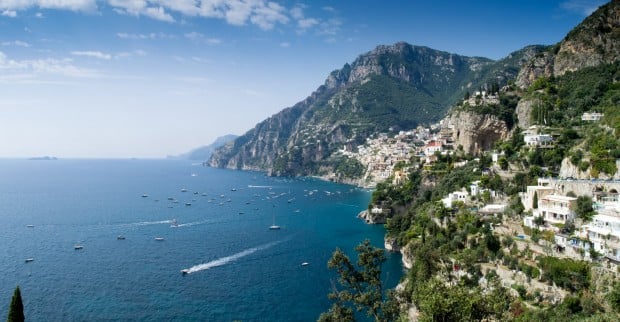
Image credit: Andreas Zieroth | Flickr
Some people would consider southern Italy’s Amalfi Coast as the most beautiful stretch of coastline in the world. And they wouldn’t be wrong. A landscape of steep mountainsides that disappear in the blue Mediterranean waters, the most colourful of villages and green forests were reason enough for UNESCO to declare the Amalfi Coast a World Heritage Site in 1997. Villages, such as Positano, Amalfi and Sorrento, couldn’t possibly be more picture-perfect. The beauty of this superb piece of European coastline is mind-blowing.
2. Cliffs of Moher, Ireland
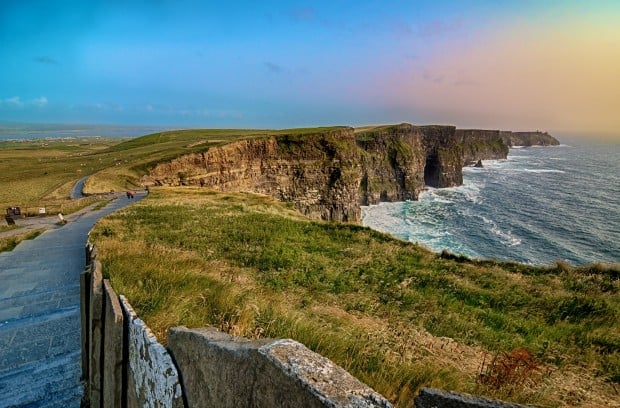
Image credit: Dennis Wilkinson | Flickr
Located on the western edge of the desolate Burren region in western Ireland, the spectacular Cliffs of Moher are Ireland’s most visited tourist attraction. No less than a million people visit these 120-metre high cliffs every year. Besides humans, the cliffs also attract huge numbers of sea birds – it’s estimated that about 30,000 birds of twenty species live on the cliffs, including hawks, Atlantic puffins and gulls.
3. Normandy, France
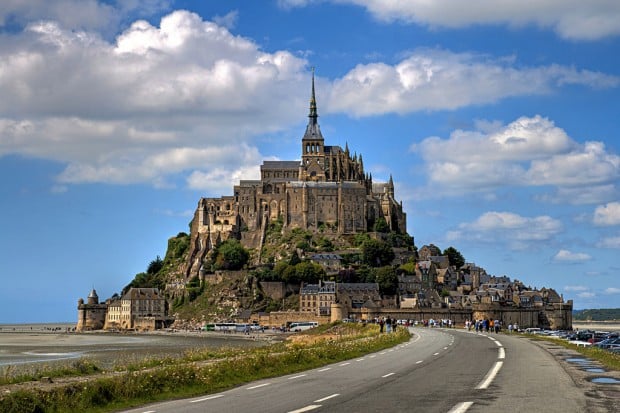
Image credit: Matthieu Luna | Flickr
Famous as the landing site on D-day, Normandy is a region in northwestern France. It derives its name from the Vikings, who were also known as the ‘Northmen’ and who settled its coast in the 9th century. The coastline of Normandy is made up of long sandy beaches and imposing coastal cliffs, with the Mont St. Michel as its most famous landmark.
4. White Cliffs of Dover, England
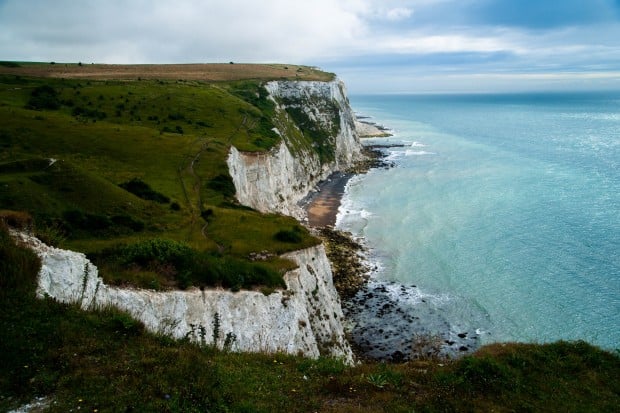
Image credit: loki1973 | Flickr
The White Cliffs of Dover are England’s counterpart to the cliffs of Normandy. Located at the narrowest point of the English Channel, the cliffs have historically stood guard against invading European troops. They are an Area of Outstanding Natural Beauty and one of the premier natural attractions in Great Britain. On a clear day, the white cliffs are clearly visible from the northern French coast.
5. Cinque Terre, Italy
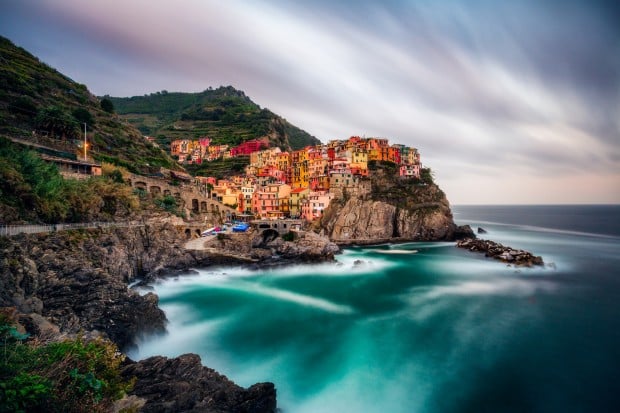
Image credit: Justin Brown | Flickr
Literally meaning ‘Five Lands’, Cinque Terre in northern Italy consists of five coastal villages, perched on the steep hillsides that line the Italian Riviera. All five villages, the coastline and the inland hills are part of the UNESCO World Heritage Site that is Cinque Terre National Park. It’s an incredibly picturesque stretch of coastline – the best way to see it is by walking the walking path that connects the villages.
6. Bay of Kotor, Montenegro
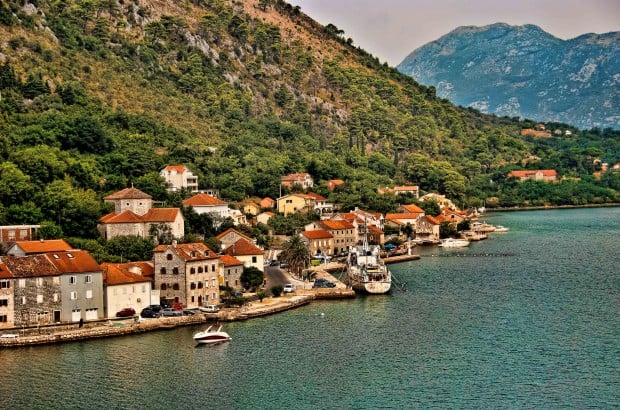
Image credit: Trish Hartmann | Flickr
A sheltered bay in southern Montenegro, a country which name literally means ‘Black Mountain’, the gorgeous Bay of Kotor has been inhabited for a couple of millennia. The coast is dotted with ancient and medieval villages that, together with the striking natural beauty of the area, attract thousands of visitors each year. This combination of significant history and stunning landscapes is the reason why the Natural and Culturo-Historical Region of Kotor has been a UNESCO World Heritage Site since 1979.
7. Corsica, France
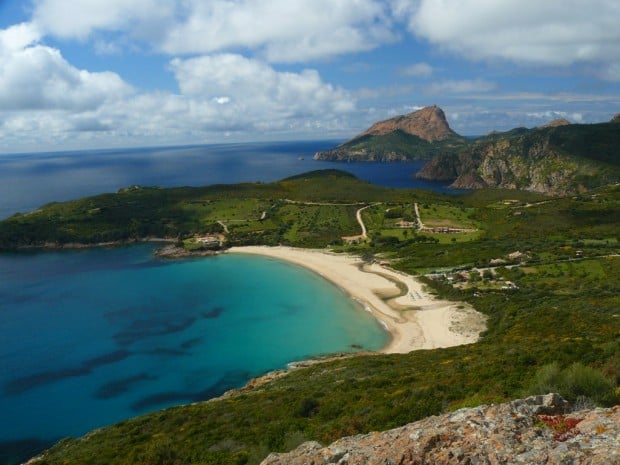
Image credit: Pim Pim | Flickr
The French island of Corsica is located in the Mediterranean Sea and is covered with rugged mountain ranges, dotted with pretty old villages and home to spectacular rocky coastlines. Literally everywhere on the island, you’ll find coastal cliffs, stony beaches and quaint hidden beaches. This is easily the “wildest” destination in the entire Mediterranean.
8. Fjords, Norway
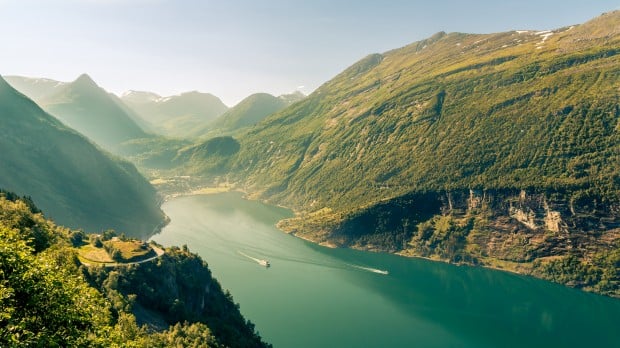
Image credit: Tristan Taussac | Flickr
The fjords in western Norway compete for the title of most spectacular coastline in the world. The region is home to several jaw-dropping fjords – the Geirangerfjord is arguably the most scenic of all fjords, while the Sognefjord is Norway’s longest. These coastal landscapes consist of sheer vertical cliffs rising high out of the ocean, but also of gentle hillsides covered with orchards, fields and picture-perfect villages.
9. Zakynthos, Greece
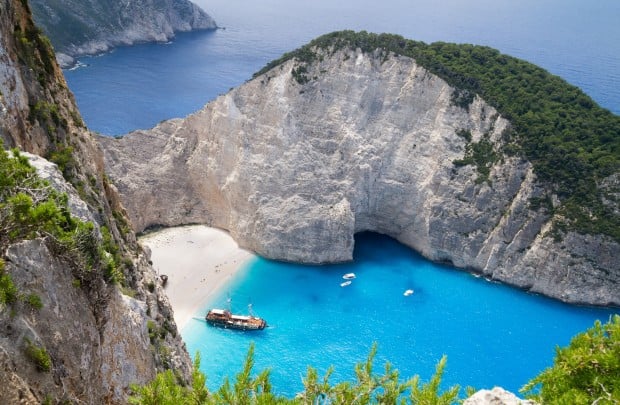
Image credit: GorVlad | Flickr
Zakynthos, also called Zante, is the third largest of the Greek islands in the Ionian Sea. It’s a hugely popular summer destination, mainly because of the presence of paradise-like beaches. On Zakynthos, golden sand contrasts with azure-blue waters and white coastal cliffs. People who are in need of a beach holiday should definitely consider going to this gorgeous Greek island.
10. Kvarner Gulf, Croatia
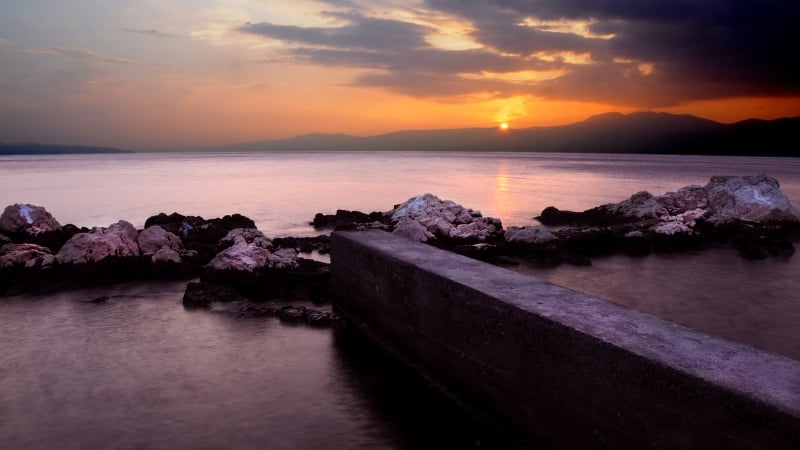
Image credit: Dean Blazic via Getty Images
Possibly the least known coastal region on this list, yet unquestionably one of the most beautiful, the Kvarner Gulf encompasses no less than four magnificent Croatian beaches. The gulf is dotted with numerous islands, while the coast is lined with lush forest-covered mountain ranges. If you’re looking for a somewhat off-the-beaten-path coastal destination, this is it.
11. Algarve Coast, Portugal
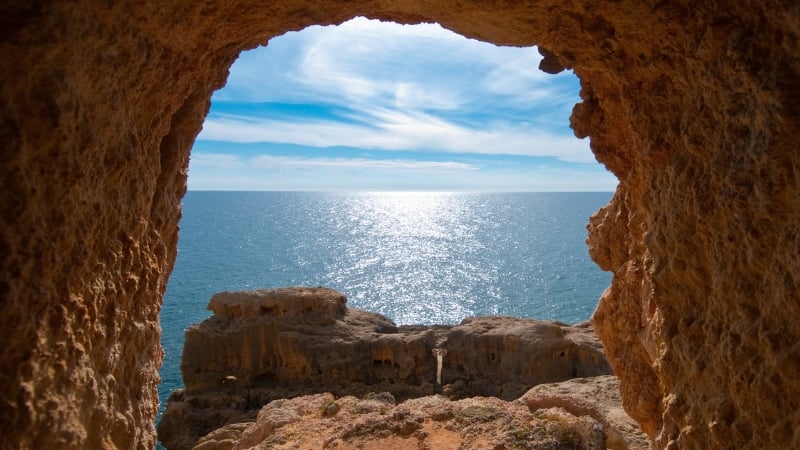
Image credit: Eisenmenger via Pixabay
The Algarve Coast in southern Portugal is renowned for its stunning cliffs, golden beaches, and charming fishing villages. From the dramatic cliffs of Ponta da Piedade to the serene coves of Lagos, the Algarve offers diverse landscapes perfect for both relaxation and adventure. Water sports enthusiasts can enjoy surfing, snorkelling, and sailing in the crystal-clear waters.
12. Baltic Sea Coast, Estonia
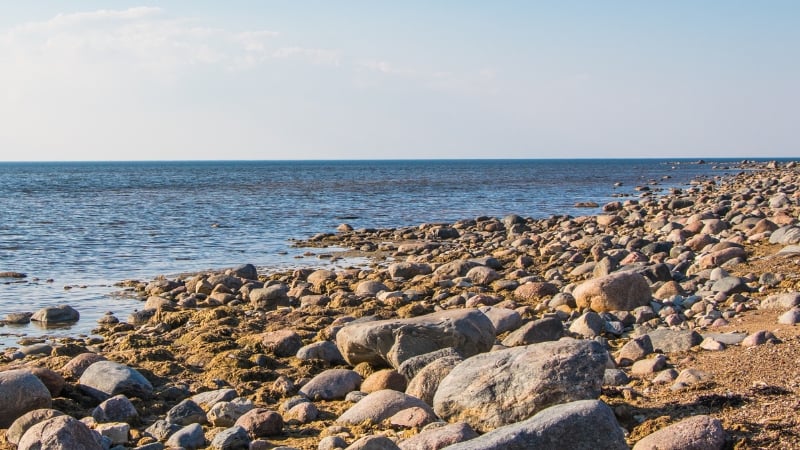
Image credit: Irina Kononova via Getty Images
The Baltic Sea Coast in Estonia is a hidden gem that combines natural beauty with rich cultural heritage. The pristine beaches of Pärnu, the serene islands of Saaremaa and Hiiumaa, and the historic seaside town of Tallinn make the Baltic Sea Coast a versatile destination. Visitors can explore ancient castles, enjoy fresh seafood, and experience the tranquil beauty of Estonia’s coastal landscapes.
Also Read: Top Secret Destinations in Eastern Europe That Are Absolutely Stunning
Europe’s coastlines are more than just beautiful landscapes; they are living tapestries of history, culture, and natural splendour. Whether you seek adventure, relaxation, cultural enrichment, or simply a breathtaking view, Europe’s diverse coastlines provide endless opportunities to create unforgettable memories.





